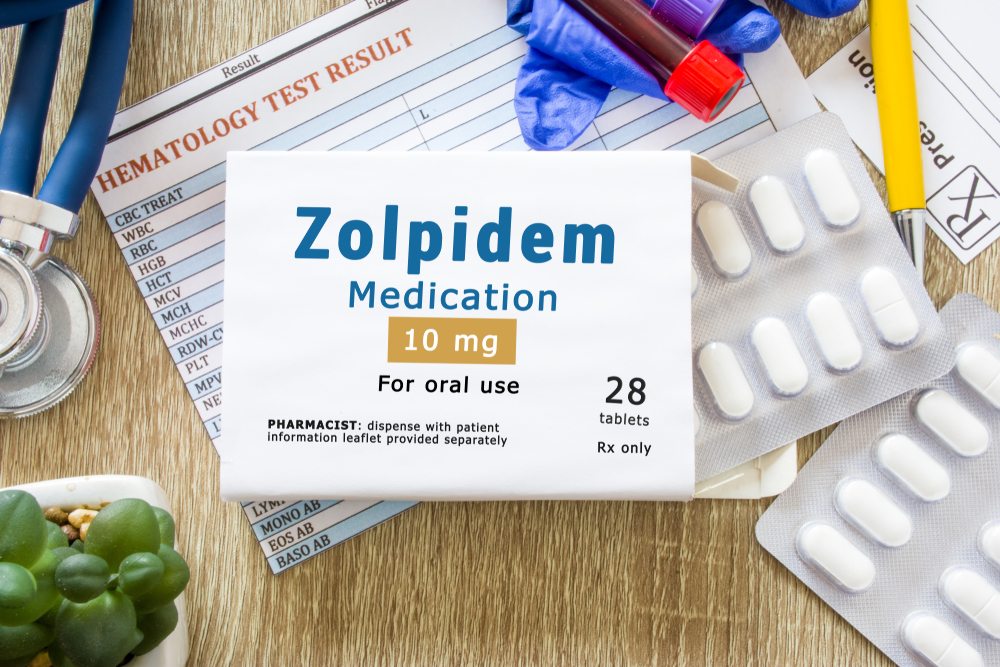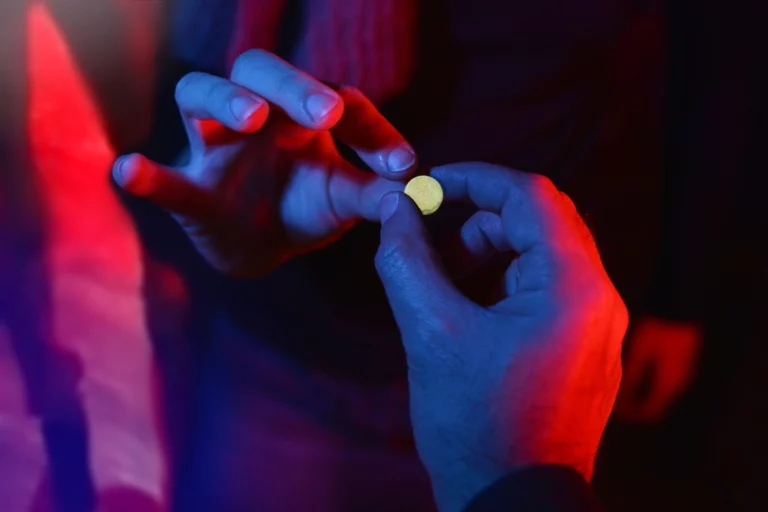How Long Does Ambien Stay in Your System?
Ambien is a commonly used medication for insomnia. As a sedative-hypnotic drug, it slows down brain activity, allowing for improved sleep. Due to its fast onset of action and effectiveness, it has become a popular choice for individuals struggling with sleep problems. However, it’s important to know how long Ambien stays in your system to avoid potential health risks and legal consequences.
In this article, you’ll learn how long Ambien stays in your system, how the body metabolizes it, and its potential side effects.
What is Ambien?
Ambien, also known as Zolpidem, is a medication prescribed to treat sleep problems and belongs to a class of drugs called sedative-hypnotics, which relax the body and induce sleepiness by affecting the central nervous system.
Common Uses of Ambien
Ambien is generally prescribed for short-term use of two to six weeks to reduce the risk of dependency or addiction. However, it may also be prescribed off-label for anxiety, restless leg syndrome, and panic attacks. Off-label use refers to using medication for purposes not approved by the FDA. It is crucial to note that off-label use of Ambien should only be done under the guidance and supervision of a healthcare professional.
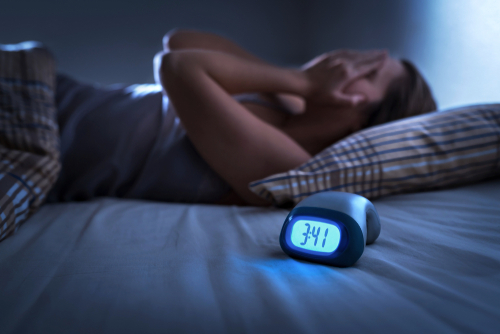
How Does The Body Processes Ambien?
When you take Ambien, it enters your bloodstream and goes to your brain, which binds to specific receptors controlling sleep and wakefulness. It enhances the activity of the inhibitory neurotransmitter GABA, which slows down the brain’s activity and causes sleepiness. The liver then metabolizes Ambien, breaking it down into inactive metabolites that are eliminated from the body through urine.
Ambien has a half-life of around 2-3 hours, depending on the person. The half-life of a drug is the amount of time it takes for half of the active substance of a drug to be metabolized and eliminated from the body. The body takes 10-12 hours to completely remove most of the drug.
Factors That Affect How Long Ambien Stays in Your System
Factors such as age, gender, body weight, liver and kidney function, dosage, and frequency of use can all influence how long Ambien stays in your body.
- Age and Gender: Age and gender can affect how your body metabolizes and eliminates Ambien. Older people may have a slower metabolism, and drugs can stay in their system longer. According to the National Institutes of Health, women may metabolize Ambien slower than men, leading to longer-lasting effects of the drug. This can be due to the lower levels of CYP3A4, an enzyme responsible for breaking down Ambien, in women than men.
- Body Weight and Composition: Your body weight and composition can affect the time it takes for Ambien to leave your system. People with more body fat may retain Ambien longer because it can accumulate in fatty tissues.
- Liver and Kidney Function: Your liver and kidney function can also affect how your body processes and eliminates Ambien. People with liver or kidney problems may have a weaker ability to metabolize and eliminate Ambien, leading to a longer duration of action and an increased risk of side effects.
- Dosage and Frequency of Use: The dosage and frequency of use can also affect how long Ambien stays in your system. Higher doses and more frequent use of Ambien can make it last longer and make more of it build up in the body. It can lead to potential dependence or addiction and increase the risk of side effects.
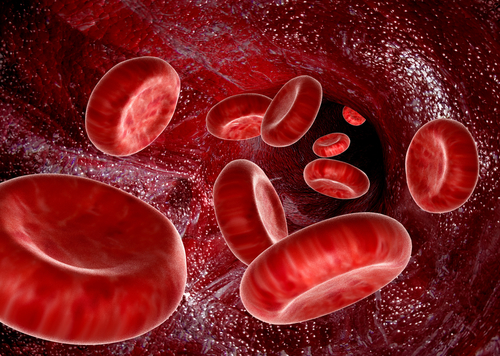
Side Effects Of Ambien Abuse
Physical symptoms:
- Drowsiness
- Sleepwalking
- Dizziness
- Impaired coordination and balance
- Headaches
- Nausea and vomiting
- Muscle weakness
- Blurred vision
- Slurred speech
- Respiratory depression
- Chest pain
- Irregular heartbeat
- Seizures
Psychological symptoms:
- Memory loss or amnesia
- Confusion
- Mood swings
- Agitation
- Anxiety
- Hallucinations
- Delusions
- Paranoia
- Depression
- Suicidal thoughts
Ambien & Drug Tests
Ambien is good for treating insomnia but can also pose risks and side effects. Ambien can be detected through blood, urine, and hair tests.
- Blood Tests: Blood tests can detect the concentration of Ambien in your bloodstream, but it’s not the most reliable method due to the drug’s short half-life.
- Hair Tests: Hair tests are a less common but more reliable method that can detect Ambien for up to 90 days after use.
- Urine Tests: Urine tests can detect Ambien’s metabolites in your body up to 48 hours after the last use.
Risks of Ambien Detection
It’s important to understand the risks of using Ambien without a prescription or during dangerous activities.
- Legal Implications: Driving while on Ambien or any other drug that impairs cognitive abilities and motor skills is considered a DUI offense and can result in arrest, fines, license suspension, and jail time, depending on the state and severity of the offense.
- Impact on employment: Your employer may have drug policies that ban certain medications, such as Ambien. Depending on your job, you could be fired or disciplined if you’re caught with Ambien in your system.
- Social Consequences: The social consequences of Ambien detection can also be significant. If you have Ambien in your system during a car accident, it can affect your reputation and relationships with others. It can also be used against you in court during a custody battle or divorce, impacting the case outcome.
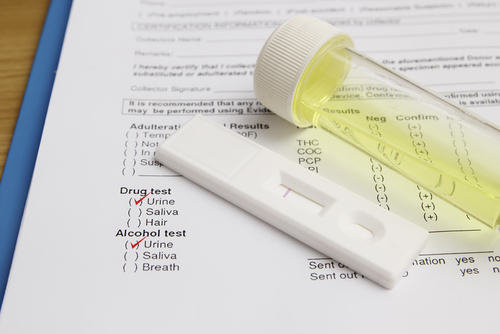
Ambien Addiction Treatment
- Medication-Assisted Treatment: MAT involves using medications like buprenorphine or methadone and is often used alongside therapy to manage withdrawal symptoms and cravings associated with Ambien addiction.
- Outpatient Treatment: Outpatient treatment involves attending regular therapy sessions while living at home. This option is often more flexible and allows individuals to continue working or attending school while receiving treatment.
- Inpatient Treatment: Inpatient treatment involves residing at a specialized facility for a designated period of time to receive round-the-clock care and support. This form of treatment is commonly recommended for individuals with severe Ambien addiction or co-occurring mental health disorders.
- Support Groups: Support groups like Alcoholics Anonymous and Narcotics Anonymous provide a safe and confidential space to share experiences, learn from others, and discuss coping strategies.
- Aftercare & Follow-up: Aftercare can include ongoing therapy, attending support groups, and regularly checking in with a healthcare provider. Developing a strong support system can help manage cravings and stress.
Contact Oasis Recovery Center
If you or a loved one is struggling with an Ambien addiction, reach out to Oasis Recovery Center. Our personalized treatment plans are tailored to your specific needs and goals. We offer a range of evidence-based treatments and therapies, including MAT, family and group therapy, and inpatient treatment. We also provide aftercare services like ongoing therapy and support groups to help manage cravings and stress.



